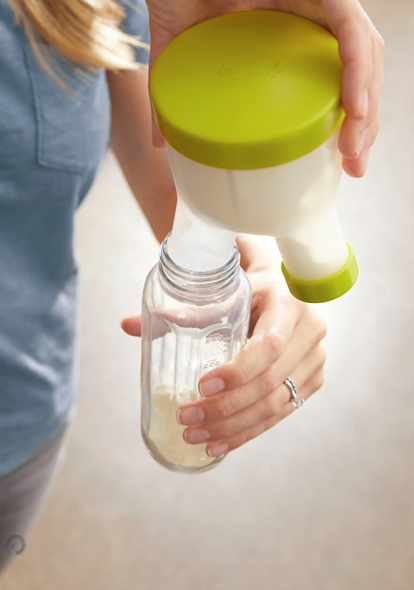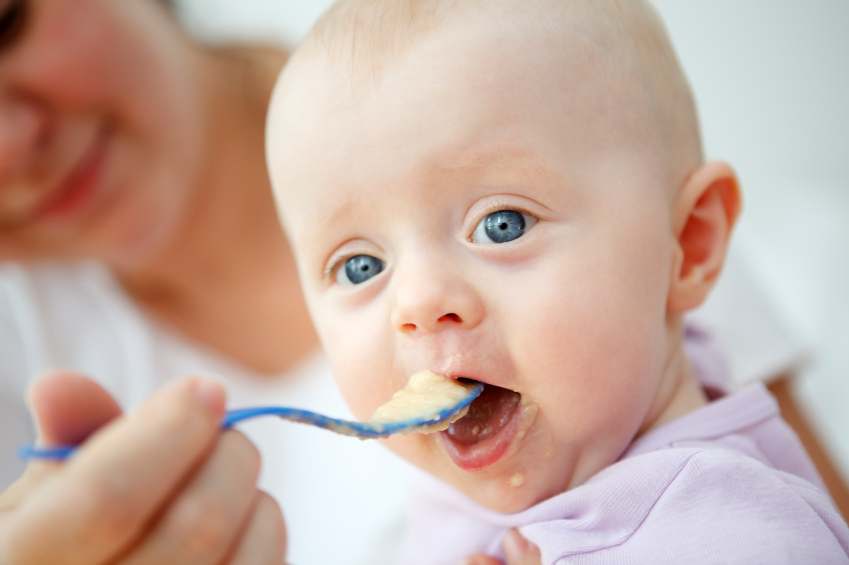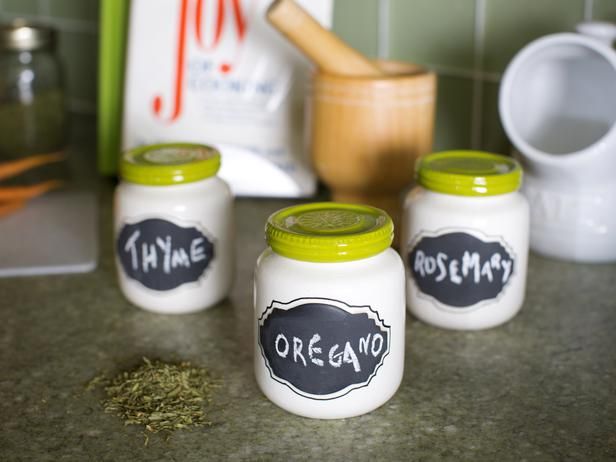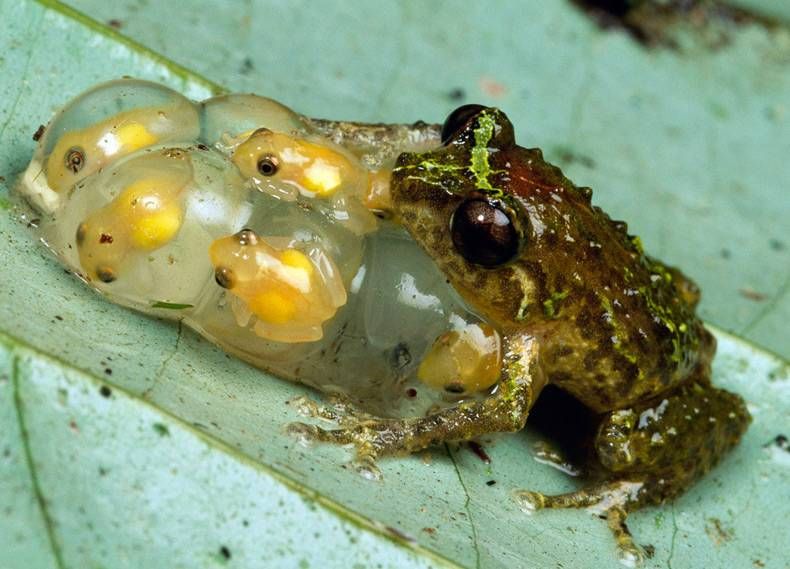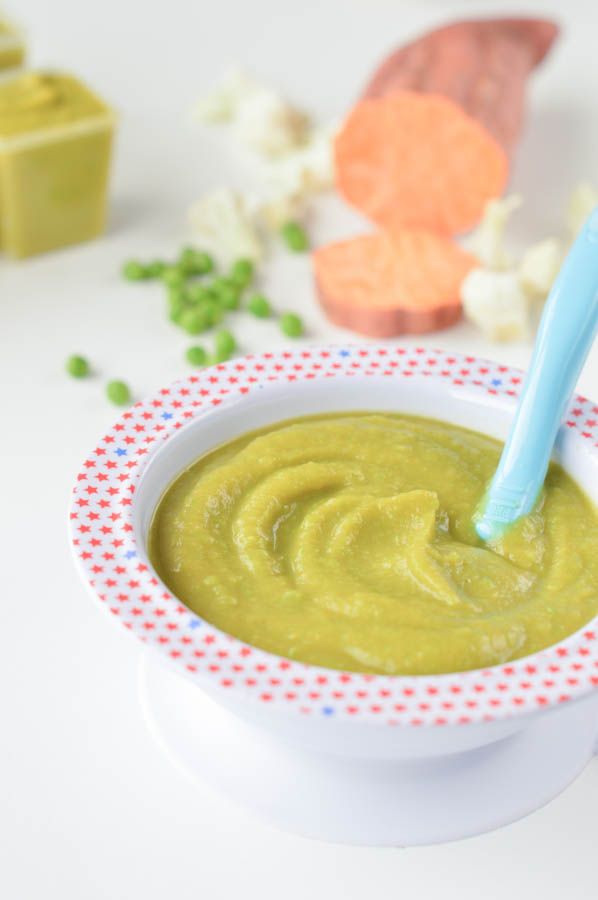My baby poop after every feed
How often should a newborn poop?
Yes, it's normal if your baby is pooping after every single feeding. You’ll quickly discover that when it comes to newborns, poop frequency comes in a wide range of normal.
Some babies are just more productive poopers than others. It’s perfectly okay to end every feeding with a diaper change, or to not see a single bowel movement for a few days. Your baby pooping a lot probably isn’t an issue, unless you’re changing three or more extra-watery diapers a day. In that case, it could be diarrhea, which is something to let your baby's doctor know about.
How often should a newborn poop?
It varies. Poop habits differ a lot from baby to baby. The average frequency is one or more bowel movements daily. But some newborns produce five or more dirty diapers a day in their first 2 weeks of life, while others go for days without pooping.
It’s not unusual for newborns to poop a lot, since they spend most of their waking hours eating. In general, breastfed babies poop more than formula-fed ones. In fact, your baby may poop while nursing and again once they’re done – which is why you may want to wait a few minutes after you're finished breastfeeding before swooping in with a clean diaper.
Because breastfed poops contain more liquid, they’ll look more watery than the stools of formula-fed babies. (See real photos of the different kinds of baby poop here.)
When a breastfed newborn poops after every feeding during the first few weeks, take it as a good sign – it means they’re getting plenty of milk. Even though formula-fed babies may have less frequent bowel movements than breastfed babies, it's normal for them to poop after every feeding as well.
The frequency of your baby's bowel movements may start to slow down by the time they're around 6 weeks old, but some babies continue their pattern of pooping after every feeding for much longer. (It’s not uncommon for some 1-year-olds to poop five times a day. )
)
How long can a baby go without pooping?
If your baby hasn’t had a bowel movement in a few days, there’s no need to immediately fear the big “C” (aka, constipation). Babies can go days, or even a week, without producing a dirty diaper. A breastfed baby can go even longer – as long as two weeks without pooping if they haven’t started on solid foods yet.
If the bowel movements your baby does make are soft, constipation probably isn’t an issue. Exclusively breastfed babies rarely get constipated because breastmilk is an economical food. Your baby gets just what they need, with little waste leftover to poop out.
True constipation in babies typically happens from a change in diet, a lack of fluids, or an illness. The telltale sign is hard, dry stools. If your baby is constipated, they may get extra fussy and look like they’re straining uncomfortably when they try to go.
Should I ever be worried about my baby pooping a lot?
Generally, if your baby's bowel movements are fairly consistent and they’re acting like their usual self, frequent poops aren't a cause for concern.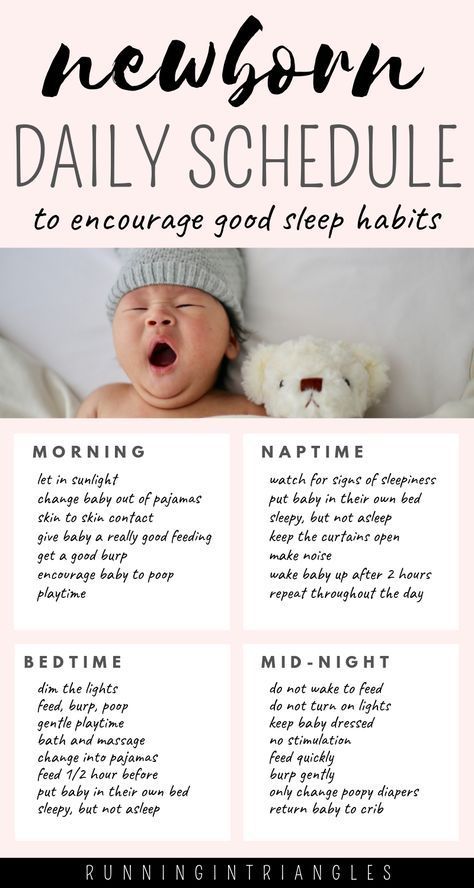 However, if there's a sudden change in your baby's pooping pattern and their stool becomes watery, check with their doctor. Very watery bowel movements could be a sign of an infection.
However, if there's a sudden change in your baby's pooping pattern and their stool becomes watery, check with their doctor. Very watery bowel movements could be a sign of an infection.
Call the doctor if your baby has any of these other poop-related symptoms:
- Pulling their legs up to their stomach (a sign that their tummy hurts)
- Straining to have a bowel movement
- Poop that looks like small, hard pebbles or is extra watery
- Irritability
- A swollen belly
- Blood in their poop
If my baby is pooping a lot, are they more prone to diaper rash?
Babies who have frequent bowel movements can be more susceptible to diaper rash. Constant contact with stool can irritate the sensitive skin on their bottom.
The best way to prevent diaper rash is to keep your baby’s bottom clean and dry. To start, change their diapers more often. Wash their skin clean with warm water during each change.
You may want to coat the area with a diaper rash cream or a product containing zinc oxide or petroleum jelly to create a barrier.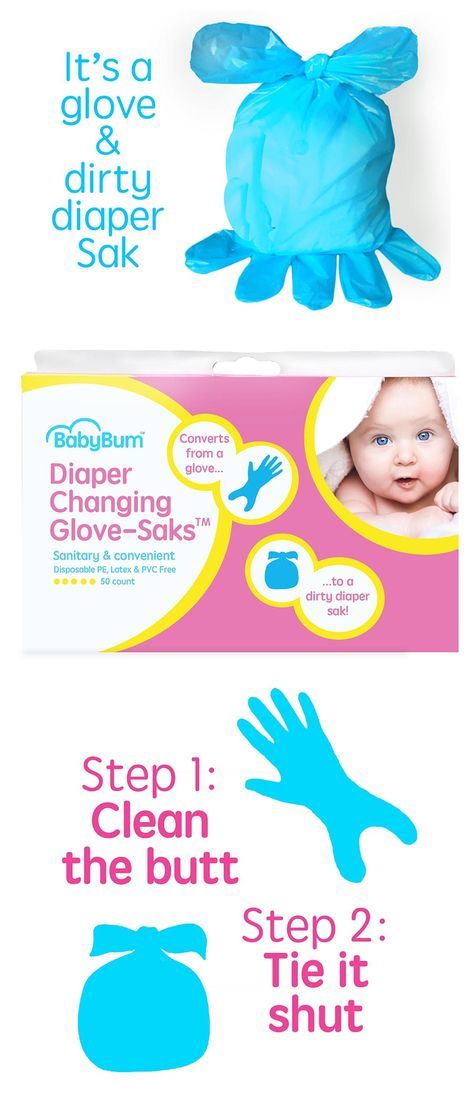 And instead of putting on a new diaper right away, let your baby go diaper-less for a little while each day so their bottom can fully air dry. If these tips don’t relieve the diaper rash, give your baby's doctor a call.
And instead of putting on a new diaper right away, let your baby go diaper-less for a little while each day so their bottom can fully air dry. If these tips don’t relieve the diaper rash, give your baby's doctor a call.
Read more:
A new parent's guide to baby poop
Age-by-age guide to feeding your baby
How much formula newborns and babies need
advertisement | page continues below
Is it normal for my baby to poo after every feed?
by Sophie Bell | Medically reviewed by Gemma Caton, Specialist health visitor | June 2021 |
It can be. Some babies will poo after every feed and some will poo every three days. It’s all normal. How much your baby poos depends on their age and how you’re feeding them.
Is it normal for my baby to poo after every breastfeed?
Yes, it is normal if you’re breastfeeding. Breastfed babies are more likely to do a poo straight after each feed than formula-fed babies.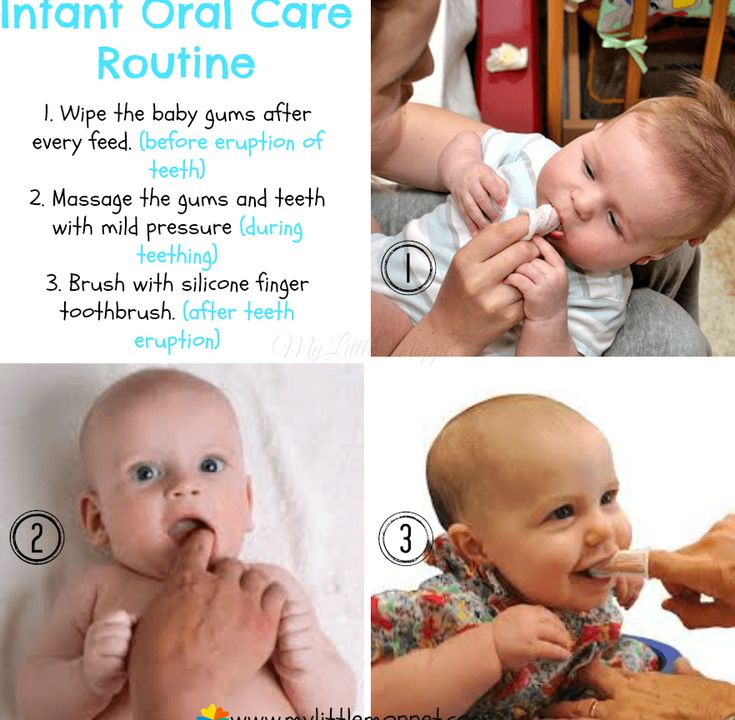
Is it normal for baby to poo after every formula feed?
If your baby is bottle-fed with formula, they are less likely to poo after every feed. This is because formula can be harder to digest, so it takes longer to pass through your baby's system. Even so, there's no need to worry if your formula-fed baby does poo after every feed, especially in the early weeks.
Are regular poos a good sign?
Frequent poos are often a good sign that your newborn is getting plenty of milk. As your baby’s stomach fills up, the milk stimulates their digestive tract, giving them the urge to do a poo.
Will my baby always poo as regularly as their early weeks?
During the first week, your newborn baby's poos will change. Their first poo will be a greenish black and sticky poo called meconium, which is made up of what they ingested in the womb. Your baby’s poos will change once they start to digest breast milk or formula milk, commonly to a green and then a yellow colour.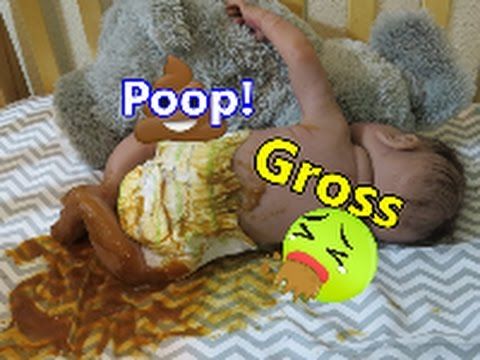 You can expect to see at least two poos a day for the first few weeks.
You can expect to see at least two poos a day for the first few weeks.
After a few weeks, you may find that your baby does fewer poos as their stomach grows and their bowel movements settle into a routine. On the other hand, they may continue to poo after every feed. All babies are different.
If you're unsure about what's normal for your baby, talk to your health visitor.
How often should I change my baby's nappy to prevent nappy rash?
Health visitor Maggie Fisher explains how to care for your baby’s bottom. More baby videos
Could my baby have diarrhoea?
As long as your baby's poos are soft and easy to pass, there's no cause for concern. However, frequent pooing can sometimes be a sign of diarrhoea. Your baby may have diarrhoea if:
- their poo is very runny or watery
- they are suddenly pooing more often than usual, or passing larger amounts
- the poo is explosive, foul-smelling and spurts out of their bottom, or runs down their leg
Diarrhoea should clear up without treatment within about a week.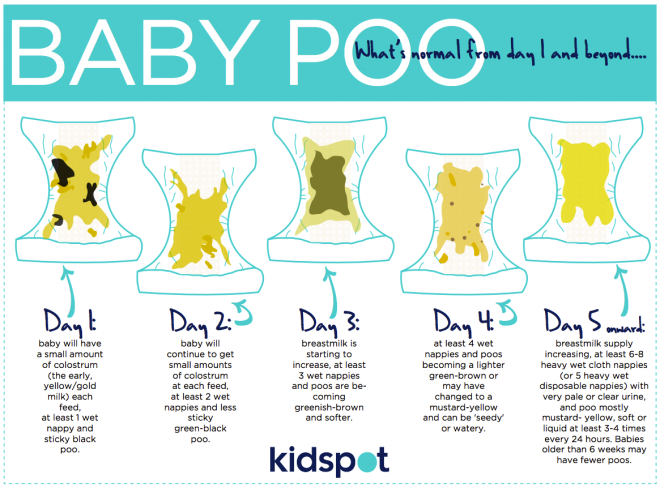 In the meantime, feed them as normal, and keep a close eye on them for any other signs of illness.
In the meantime, feed them as normal, and keep a close eye on them for any other signs of illness.
When should I get medical advice?
Call 111 if your baby:
- stops taking their usual breast or bottle feeds
- has signs of dehydration, such as fewer wet nappies
- has blood in their diarrhoea
- has diarrhoea for more than seven days
Learn more
- Take a look at our poo photo gallery to find out what diarrhoea looks like, and learn the main causes of diarrhoea in babies.
- Are you concerned that your baby could be constipated? Learn more about constipation in babies and how to spot the signs.
- Can your baby's poos change after starting solid foods? Find out how weaning may affect them.
Sophie Bell
Sophie Bell is an editor at BabyCentre. She updates and creates health content and is responsible for email newsletters.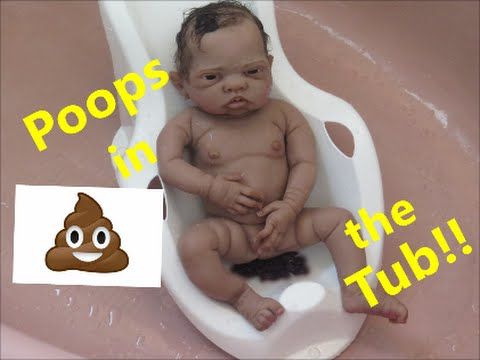
What to do if the child poops after every meal?
A child's stool is one of the most important indicators of the functioning of his digestive system. It perfectly reflects what the baby ate, how much food he ate and how his body reacted to it. That is why young parents need to constantly check the contents of a newborn's diaper or the discharge of an older child.
However, with such control, many mothers ask - why does the child poop after almost every meal, and is this normal? It’s worth starting with the fact that each baby is individual. How many times he defecates can depend on many factors.
There is no strict standard for this indicator. Of course, constipation or diarrhea are manifestations of indigestion, but there is no need to immediately panic. It is worth understanding the reasons for this phenomenon and consulting with a specialist.
Contents
- How many times should a baby poop?
- Age norms for defecation of children
- Additional criteria for normal stool
How many times should a baby poop?
The first thing young parents should remember is that their child owes nothing to anyone.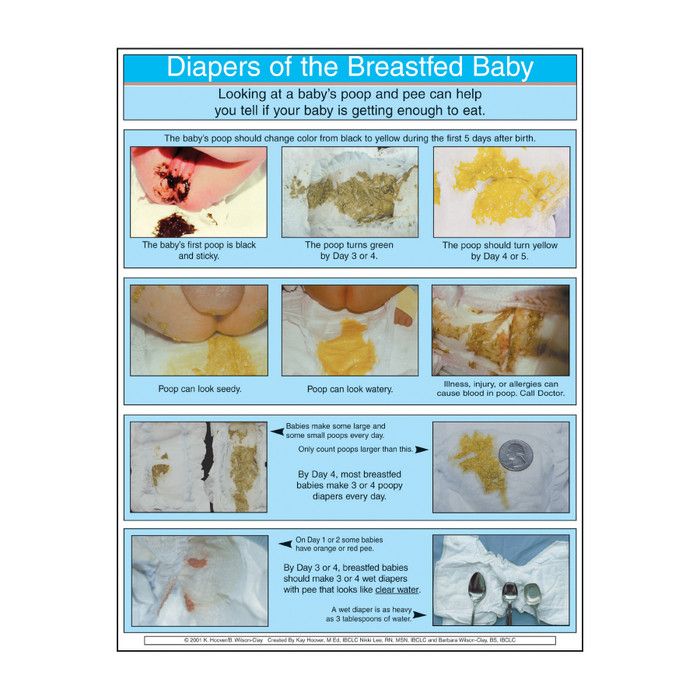
The number of visits to the child's toilet depends on many factors
Moments that directly affect the number of bowel movements in a child are:
- Age. The older the child, the less often it defecates;
- The degree of development of the digestive system. This is especially noticeable in newborn boys and girls;
- Power type. Formula-fed babies poop a little less than breast-fed babies;
- Presence of concomitant pathology. A variety of disorders of the gastrointestinal tract can bring an imbalance in the normal mode of defecation from an early age of the baby.
In connection with these nuances, it is necessary to understand that if a child poops after each meal or 1 time in 2 days, then this may be normal in both cases.
The main criteria by which it is worth evaluating the physiology and "normality" of this process are:
- General well-being of the baby. It is necessary to pay attention to the facial expression of the crumbs at the time of defecation, to the sounds that she makes.
 When instead of the usual groaning there is a loud cry, then something definitely disturbs her;
When instead of the usual groaning there is a loud cry, then something definitely disturbs her; - Regularity. 8-10 times after each feeding indicates good intestinal motility. However, 1 bowel movement, but every 2 days, is also an indicator of the stability of the functioning of the gastrointestinal tract. The main thing is the well-being of the child;
- Presence of pathological impurities. The usual feces are mushy, yellowish in color. If particles of pus, mucus, blood or undigested fragments are found in it, look for it, then you should consult a pediatrician.
Age norms for defecation of children
The older the child, the fewer trips to the toilet should be.
It must be understood that over time, the digestive tract matures more and more and begins to function like in adults. This is manifested by a decrease in the frequency of bowel movements.
To avoid confusion about how many times a baby should poop, there are conditional normative indicators of this process, depending on age.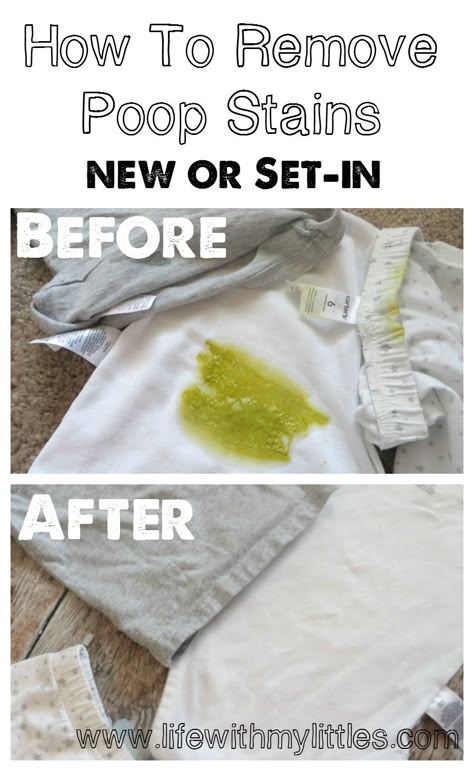
They look like this:
- 1-3 months - 10-12 times a day. The child can defecate after each meal;
- 3-6 months - 4-7 times a day;
- 6-12 months - 2-3 times;
- In children after 12 months, defecation occurs on average 1-2 times a day. If a child poops after every meal for a year, then you should carefully monitor his diet. Such an increase in the number of bowel movements may indicate the presence of a disease, so it is better to consult a doctor.
Additional criteria for normal stools
In addition to the number of trips to the toilet, parents need to monitor the nature of the feces. This is especially important during the neonatal period. In the first 3 days, when the baby is still in the hospital, doctors constantly ask mothers if he pooped, and how.
stools in children can be both frequent and not very
Important criteria to pay attention to are:
- Number of stools.
 The first days one bowel movement is approximately 5 g. At 6 months 40-50 g, and closer to a year - 100-150 g;
The first days one bowel movement is approximately 5 g. At 6 months 40-50 g, and closer to a year - 100-150 g; - Colour. The original feces (meconium) are green in color. During breastfeeding, yellow remains the most characteristic color. There may be different variations of it, which is due to the individual characteristics of the organism. After the introduction of complementary foods, it begins to darken and closer to the year it can become completely brown;
- Smell. In infants who are breastfed, the stool has a slightly acidic odor. Then, as with artificial nutrition, it is more rotten;
- Additional components in the stool. If the mother saw undigested food particles (vegetables, fruits: bananas, apples), white lumps (clots of fat), green streaks of mucus in the feces of a newborn, then you should not immediately panic. In most cases, this is due to the continuing adaptation of the infant's body to the environment. However, impurities such as pus or blood should alert parents.
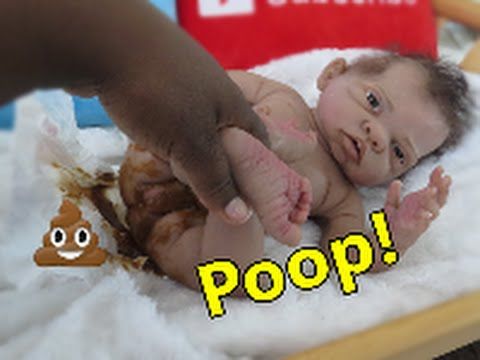 In any case, it is better to contact the local pediatrician for advice.
In any case, it is better to contact the local pediatrician for advice.
Watching your baby's bowel movements is a very serious responsibility in the early stages of his life. Therefore, it is very important to understand what is worth paying attention to. If the child poops after every meal, he may be ill and needs the help of a doctor. The health of children is the most precious thing for their parents.
Baby poops after every feeding - Gastroenterology - 03/12/2019
/
anonymous, Woman, 27 years old
Good afternoon. Baby, almost 6 months old, but our problem is almost 2 months old. At first we struggled with constipation, and by 4 months we began to have frequent stools. At mid-century began to give complementary foods, baby puree, because. they said, if you start giving food, the stool will return to normal, but nothing like that, it just became a little thicker and that's it, it stopped giving. Analyzes of feces, milk, passed, everything is fine, ultrasound also showed that everything is fine, but the truth is, we did an ultrasound at 1.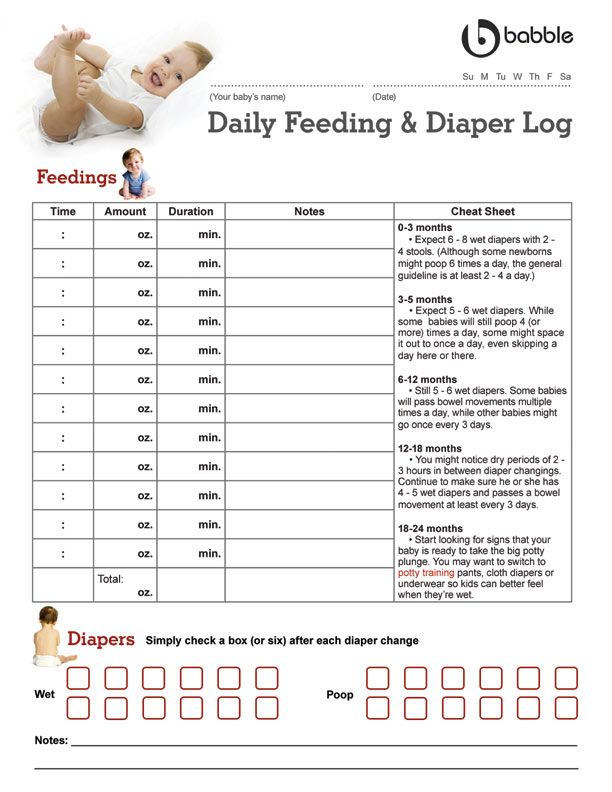 5 months. The stool before feeding was liquid, sometimes with mucus with white grains, they said that it was to the teeth, but the teeth are still not visible. At night, he will eat, fall asleep under his chest, but after an hour he may begin to cry in his sleep, because he wants to poop. Basically, he sleeps for a maximum of 2-2.5 hours and wakes up, you have to feed, and the feeding itself can last 3-5 minutes. They took Bifidumbacterin, the pediatrician prescribed it, but no changes. He is naughty when he wants to poop, but for this he must be given a breast before that, or yells. I don’t know what to do anymore (I ask for advice. Thank you.
5 months. The stool before feeding was liquid, sometimes with mucus with white grains, they said that it was to the teeth, but the teeth are still not visible. At night, he will eat, fall asleep under his chest, but after an hour he may begin to cry in his sleep, because he wants to poop. Basically, he sleeps for a maximum of 2-2.5 hours and wakes up, you have to feed, and the feeding itself can last 3-5 minutes. They took Bifidumbacterin, the pediatrician prescribed it, but no changes. He is naughty when he wants to poop, but for this he must be given a breast before that, or yells. I don’t know what to do anymore (I ask for advice. Thank you.
Answered by Lyudmila Viktorovna Kapustina
gastroenterologist, pediatric gastroenterologist
Hello! Refer to a pediatric gastroenterologist, having previously passed feces for a coprogram and feces for carbohydrates.
Similar questions
anonymous (Female, 29 years old)
3 5 months on IV poo after each feeding
Were on breastfeeding, problems with stool appeared, mucus and greens appeared.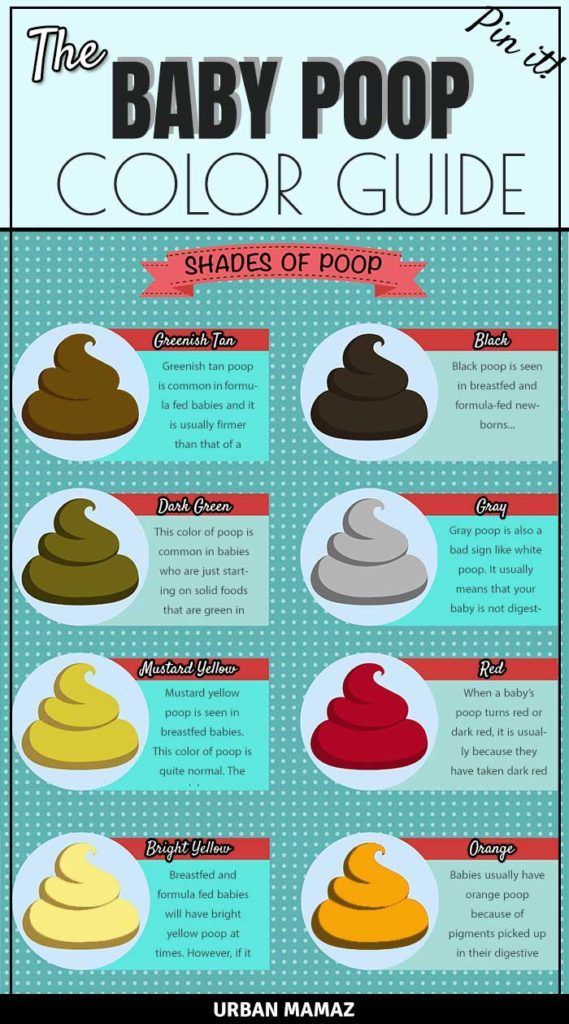 Gained 350 grams in a month, the pediatrician said to supplement because the child does not eat enough. She pumped her breasts and there really is not ...
Gained 350 grams in a month, the pediatrician said to supplement because the child does not eat enough. She pumped her breasts and there really is not ...
anonymous (Female, 23 years old)
3 month old baby poops every 2-3 hours after each feeding
At first the baby could not poop for 2 days and was capricious, I made a microlax enema. I went to the toilet with orange feces and there were 2 small millimeter flecks of blood. and after that she began to walk very...
anonymous (Female, 25 years old)
The baby poops on willows after each feeding with hard poop
Hello! Help advice! Our pediatrician really can't say anything. Since birth, we ended up in a hospital, where, due to stress, I lost my milk and had to be fed with formula from the hospital ...
anonymous (Female, 22 years old)
The child poops after each feeding
My son is 2.5 months old, we have been drinking hypoallergenic Nutrilak formula since birth, and now we are gradually switching to Premium Nutrilak.


